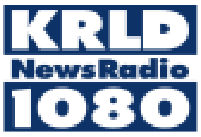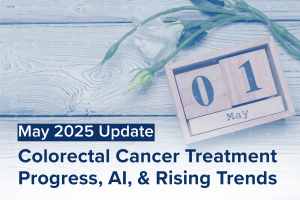Gastroesophageal reflux disease (GERD) is a prevalent digestive disorder affecting millions of Americans. Characterized by stomach acid flowing back into the esophagus, GERD can cause significant discomfort and disrupt daily life. If you experience persistent heartburn, regurgitation, or difficulty swallowing, it’s crucial to seek a diagnosis and explore treatment options.
Understanding GERD:
A weakened lower esophageal sphincter (LES) is the primary culprit behind GERD. This muscular valve, located at the junction of your esophagus and stomach, should remain closed to prevent acid reflux. When the LES malfunctions, stomach acid irritates the esophageal lining, leading to the characteristic symptoms of GERD.
Common Symptoms:
- Heartburn: A burning sensation in the chest that travels upwards towards the throat.
- Regurgitation: A sour or bitter taste in the mouth caused by stomach acid backing up.
- Acid Indigestion: A general feeling of discomfort or indigestion in the upper abdomen.
- Chest Pain: GERD pain can sometimes mimic chest pain associated with cardiac issues. Consultation with a doctor is essential to differentiate the source.
- Difficulty Swallowing: Chronic acid reflux can inflame the esophagus, making swallowing challenging.
Diagnosis and Treatment Strategies:
Diagnosing GERD often involves a doctor reviewing your medical history and symptoms, followed by potential tests like upper endoscopy, esophageal manometry, or ambulatory pH monitoring.
Fortunately, GERD is highly manageable. Treatment plans typically combine lifestyle modifications with medication:
- Lifestyle Changes: Maintaining a healthy weight, managing trigger foods (spicy, fatty, acidic), quitting smoking, and elevating the head of your bed during sleep can significantly reduce symptoms.
- Medications: Over-the-counter antacids can offer immediate relief. H2 blockers and proton pump inhibitors (PPIs) further reduce acid production. In some cases, prescription medications or surgery to strengthen the LES might be necessary.
Affordable Access to Care:
Managing GERD shouldn’t be hindered by financial constraints. Here at [Company Name], we understand the importance of accessible healthcare. We partner with gastroenterology practices and facilities to offer affordable diagnostic procedures and treatment options for GERD.
Don’t Let GERD Control You:
By seeking a proper diagnosis, exploring treatment options, and potentially utilizing resources like [Company Name], you can effectively manage your GERD and reclaim a life free from discomfort. Remember, a healthcare professional is best equipped to develop a personalized treatment plan tailored to your specific needs. Take control of your digestive health and live a life free from persistent heartburn.
Additional Resources:
We encourage you to explore reputable sources for further information on GERD, such as the National Institutes of Health (https://www.niddk.nih.gov/) or the American College of Gastroenterology (https://gi.org/).



























